What foods naturally boost testosterone for male vitality & peak performance?
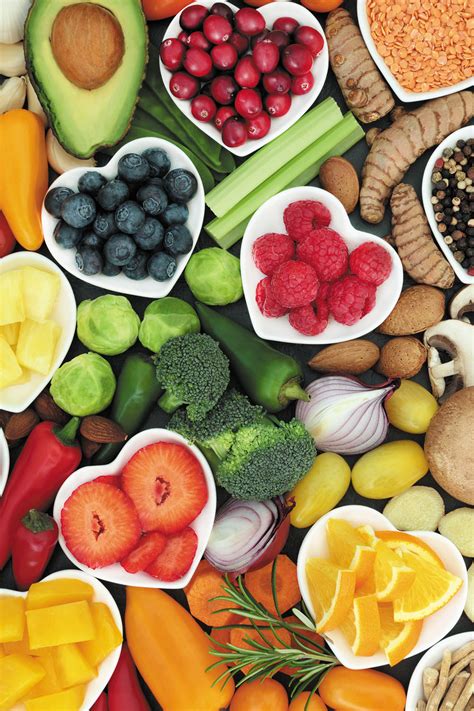
Testosterone, the primary male sex hormone, plays a critical role far beyond libido and muscle mass. It influences energy levels, mood, bone density, red blood cell production, and cognitive function. As men age, testosterone levels can naturally decline, impacting overall vitality and performance. While various factors contribute to healthy testosterone levels, diet is a powerful and often overlooked component. Incorporating specific nutrient-dense foods into your daily routine can provide the building blocks your body needs to naturally optimize testosterone production.
The Foundation: Essential Nutrients for Testosterone Production
To effectively boost testosterone, it’s crucial to understand which nutrients are directly involved in its synthesis and regulation. Focusing on foods rich in these key vitamins and minerals is the first step.
- Zinc: This trace mineral is vital for numerous bodily functions, including hormone production. Low zinc levels are strongly associated with reduced testosterone.
- Vitamin D: Often referred to as the ‘sunshine vitamin,’ Vitamin D actually functions like a steroid hormone in the body and has been linked to higher testosterone levels.
- Magnesium: An essential mineral involved in over 300 enzymatic reactions, magnesium helps increase free (bioavailable) testosterone by reducing its binding to sex hormone-binding globulin (SHBG).
- Healthy Fats: Cholesterol is a precursor to testosterone, and healthy fats are crucial for its production. Monounsaturated and saturated fats (in moderation) are important.
- Antioxidants: These compounds protect cells, including Leydig cells in the testes, from oxidative damage, which can impair testosterone production.
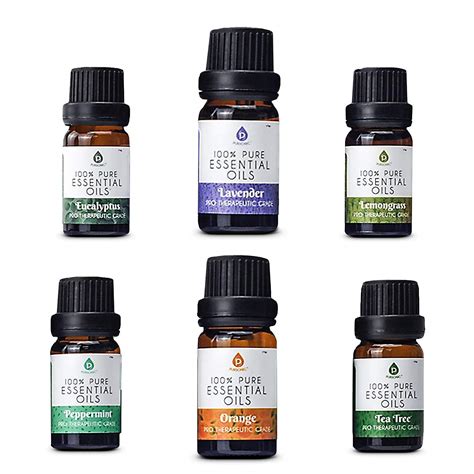
Top Foods That Naturally Elevate Testosterone
Here’s a breakdown of foods that are powerhouses for male hormone health:
Oysters and Shellfish (Zinc Powerhouse)
Oysters are arguably the richest natural source of zinc, a mineral critical for testosterone synthesis. Just a few oysters can provide well over the recommended daily intake. Other shellfish like crab and lobster also contain significant amounts of zinc.
Fatty Fish (Vitamin D & Omega-3s)
Salmon, tuna, mackerel, and sardines are excellent sources of Vitamin D, especially wild-caught varieties. They also provide omega-3 fatty acids, which support overall hormonal health and reduce inflammation, indirectly benefiting testosterone levels.
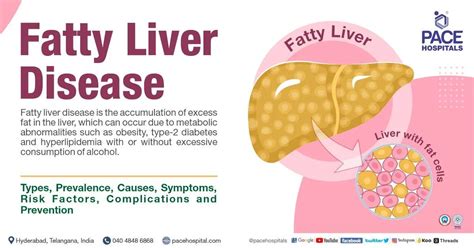
Egg Yolks (Cholesterol & Vitamin D)
Often demonized, egg yolks are incredibly nutritious. They contain healthy cholesterol, which is a precursor to testosterone, and are one of the few foods that naturally contain Vitamin D. Don’t skip the yolk if you’re aiming for hormonal balance.
Red Meat (Zinc, Iron, Protein)
Lean cuts of red meat, such as beef, are rich in zinc, iron, and protein. These nutrients are essential for testosterone production and overall muscle health. Opt for grass-fed varieties when possible for a better nutrient profile and healthier fat content.
Leafy Green Vegetables (Magnesium)
Spinach, kale, and other dark leafy greens are packed with magnesium, a mineral that, as mentioned, can increase free testosterone levels. They also provide a host of other vitamins and antioxidants crucial for overall health.
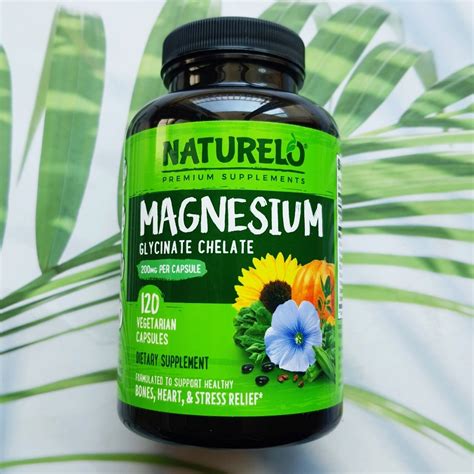
Avocados & Olive Oil (Healthy Fats)
Avocados are an excellent source of monounsaturated fats, which are crucial for hormone production. Extra virgin olive oil also contains monounsaturated fats and antioxidants that protect Leydig cells in the testes, supporting testosterone synthesis.
Berries (Antioxidants)
Blueberries, raspberries, and strawberries are loaded with antioxidants that combat oxidative stress, which can negatively impact testosterone production. A healthy cellular environment is key for optimal hormone function.
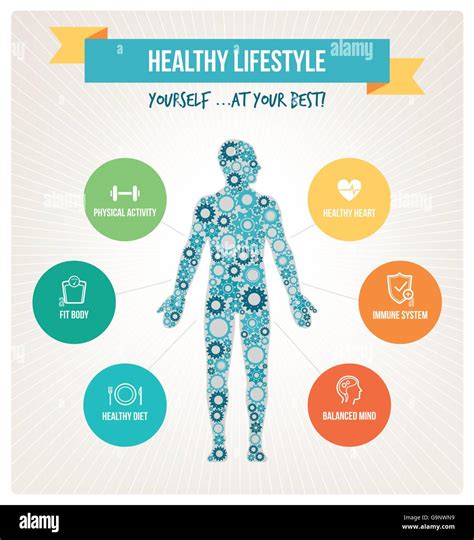
Garlic and Onions (Supportive Compounds)
While not direct testosterone boosters, garlic and onions contain compounds that may help reduce cortisol (a stress hormone that can suppress testosterone) and support overall endocrine function, indirectly aiding testosterone levels.
Beyond Food: A Holistic Approach
While diet is foundational, remember that it’s part of a larger picture. Adequate sleep (7-9 hours), regular resistance and high-intensity interval training, stress management, and maintaining a healthy body weight are equally vital for optimizing testosterone levels and ensuring male vitality and peak performance.

Conclusion: Fueling Your Male Vitality
Nourishing your body with testosterone-boosting foods is a natural and effective strategy to enhance male vitality and performance. By prioritizing nutrient-dense options rich in zinc, Vitamin D, magnesium, and healthy fats, you provide your body with the essential tools to optimize hormone production. Combine these dietary choices with a healthy lifestyle, and you’ll be well on your way to experiencing improved energy, strength, mood, and overall well-being.









